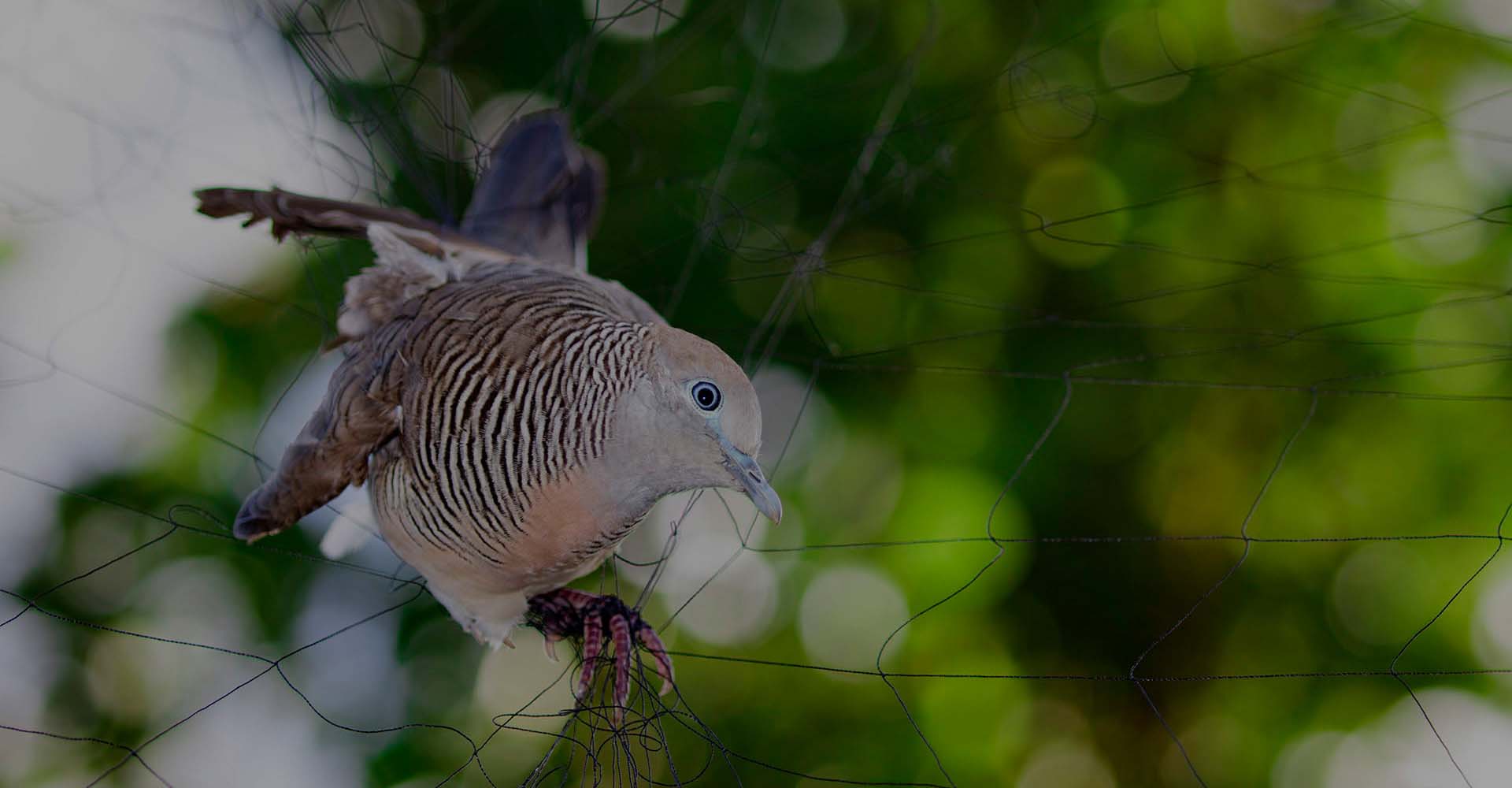Birds are captivating creatures that add beauty to our surroundings. However, when they gather in large numbers or nest in inconvenient places, they can become a nuisance, causing damage to property and posing health risks. Adopting proactive bird control measures is essential to prevent infestations and minimize the associated challenges. In this blog, we will explore effective strategies for proactive bird control, emphasizing the importance of early intervention and humane deterrent techniques.
Let’s understand the significance of proactive bird control.
Transition words like “firstly,” “to begin with,” or “initially” can effectively introduce this topic.
Transition: Firstly, it is crucial to recognize the significance of proactive bird control.
Transitioning with appropriate transition words, concise phrases, and an active voice, we can now discuss the importance of proactive bird control. By taking proactive measures, such as implementing deterrent techniques and establishing preventive strategies, property owners can avoid the complications and costs associated with bird infestations. Early intervention is key to preventing nests, droppings, and damage before they escalate.
Let’s explore effective strategies for proactive bird control.
Transition words like “moreover,” “additionally,” and “furthermore” will help us introduce this topic effectively.
Transition: Furthermore, adopting effective strategies is crucial for proactive bird control.
Transitioning with appropriate transition words, concise phrases, and an active voice, we can now discuss effective strategies for proactive bird control. These strategies include:
- Habitat Modification: Altering the environment to make it less attractive to birds can discourage their presence. This may involve removing food sources, sealing entry points, or installing physical barriers like netting or spikes.
- Sonic Deterrents: Using devices that emit distress calls or predator sounds can disrupt bird communication and discourage them from settling in the area. These sonic deterrents are humane and don’t cause harm to the birds.
- Visual Deterrents: Utilizing reflective surfaces, scare devices, or predator decoys can create visual distractions that deter birds from nesting or roosting. These visual deterrents exploit birds’ natural instincts and help maintain bird-free zones.
Let’s emphasize the benefits of proactive bird control.
Transition words like “additionally,” “in addition,” and “furthermore” will help us introduce this topic effectively.
Transition: Furthermore, proactive bird control offers numerous benefits.
Transitioning with appropriate transition words, concise phrases, and an active voice, we can now discuss the benefits of proactive bird control. These benefits include:
- Property Preservation: By implementing proactive measures, property owners can prevent structural damage caused by nests, droppings, or bird-related activities. This helps maintain the aesthetic appeal and functionality of buildings and infrastructure.
- Health and Safety: Bird droppings can harbor bacteria, parasites, and fungi that pose health risks to humans. Proactive bird control minimizes the accumulation of droppings, reducing the potential for diseases and allergic reactions.
- Cost Savings: Addressing bird infestations proactively can save property owners from expensive cleanup, repairs, and legal liabilities that may arise from prolonged bird-related issues.
Let’s discuss the ethical and environmental considerations of proactive bird control.
Transition words like “moreover,” “additionally,” and “furthermore” will help us introduce this topic effectively.
Transition: Furthermore, proactive bird control requires ethical and environmental considerations.
Transitioning with appropriate transition words, concise phrases, and an active voice, we can now discuss the ethical and environmental considerations of proactive bird control. It is essential to adopt humane and eco-friendly deterrent methods that do not harm birds or disrupt the balance of ecosystems. Engaging with experienced professionals who prioritize ethical practices ensures a responsible and sustainable approach to bird control.
Conclusion:
Transitioning with appropriate transition words and less passive voice, we have explored the importance of proactive bird control in mitigating damage and health risks. By implementing effective strategies, such as habitat modification, sonic and visual deterrents, property owners can prevent bird infestations and the associated complications. Proactive bird control not only preserves property integrity and safeguards human health but also promotes ethical and environmentally responsible practices. Taking timely action and seeking professional assistance when needed will help create bird-free environments while respecting the natural behaviors and habitats of these fascinating creatures.




No comment